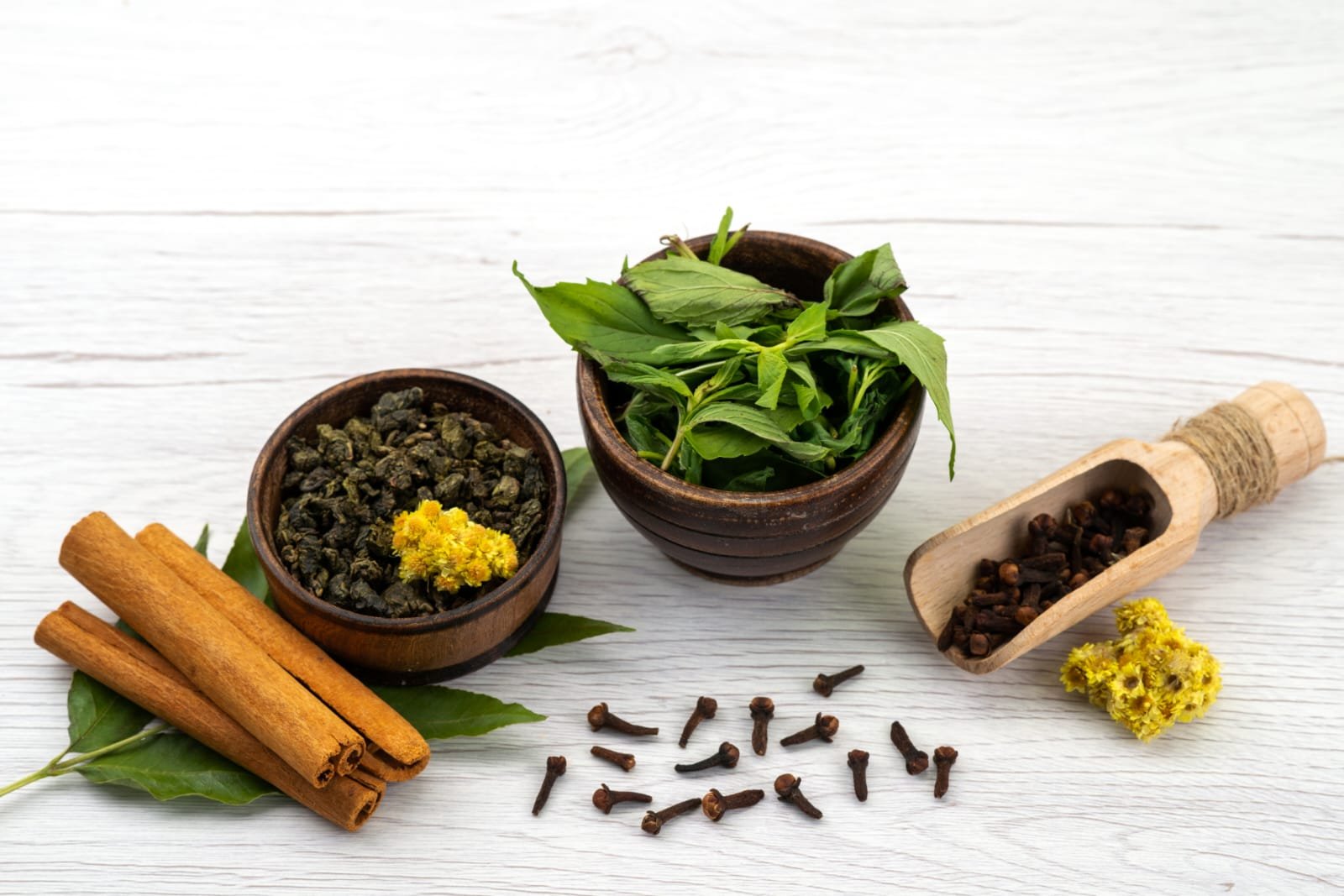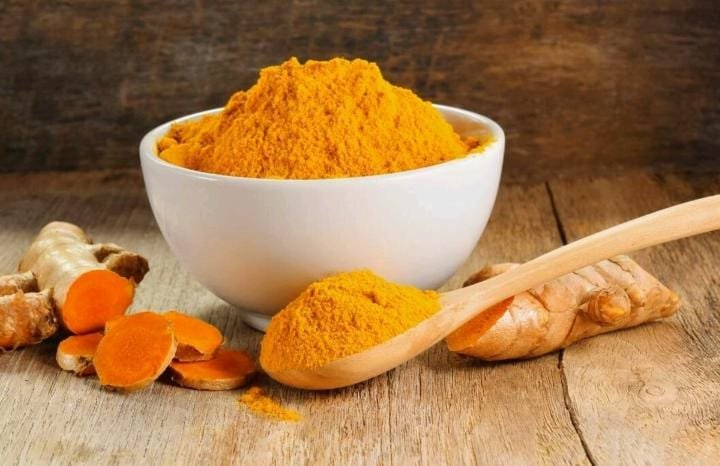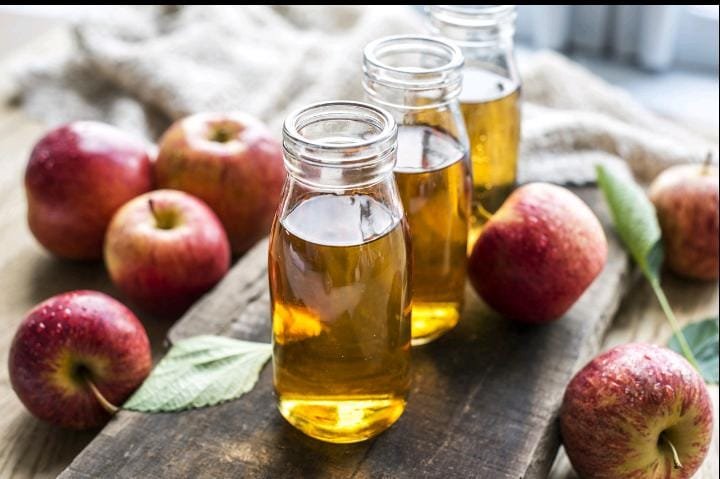
Natural Remedies for Joint Pain: Effective Ways to Soothe Aching Joints
Joint pain is something that millions of people deal with daily. Whether it’s from arthritis, overuse, or an old injury flaring up, the discomfort can affect how we move, work, and enjoy life. While medications can provide relief, many people are turning to natural remedies for joint pain that come without the side effects of pharmaceuticals.
If you’re looking for gentle, effective ways to support your joints, here are some of the best natural options to consider.
What Causes Joint Pain?

Joint pain can result from many different conditions, including:
- Osteoarthritis – the most common cause, linked to wear and tear of cartilage.
- Rheumatoid arthritis – an autoimmune disease where the immune system attacks joint tissues.
- Gout – caused by the build-up of uric acid crystals in the joints.
- Injuries or overuse – such as sprains, strains, or repetitive motion.
Understanding the root cause of your joint pain is the first step toward finding the right natural remedy.
1. Turmeric: The Golden Anti-Inflammatory

Turmeric is one of the most popular natural remedies for joint pain, thanks to its active compound curcumin. Curcumin has strong anti-inflammatory and antioxidant properties that may help reduce joint pain and stiffness.
How to use:
- Add turmeric to your food or smoothies.
- Take it as a supplement (look for formulas with black pepper extract to boost absorption).
- Brew turmeric tea with a dash of black pepper.
2. Ginger: Nature’s Pain Reliever

Ginger has been used for centuries to treat inflammation. It works similarly to NSAIDs (non-steroidal anti-inflammatory drugs) but without the harsh side effects.
How to use:
- Drink fresh ginger tea.
- Add it to meals or juices.
- Apply warm ginger compresses to sore joints.
3. Epsom Salt Baths for Soothing Relief
Epsom salt is rich in magnesium, a mineral that helps relax muscles and reduce inflammation. Soaking in a warm Epsom salt bath can ease joint stiffness and improve circulation.
How to use:
- Add 1-2 cups of Epsom salt to warm bathwater.
- Soak for 20 minutes, 2-3 times a week.
4. Omega-3 Fatty Acids for Lubricated Joints
Omega-3s are essential fats found in fish oil and flaxseeds that help reduce joint inflammation and stiffness, especially in conditions like rheumatoid arthritis.
How to use:
- Eat fatty fish (salmon, sardines, mackerel) 2–3 times per week.
- Take fish oil or flaxseed oil supplements.
5. Regular Exercise: Gentle Movement Heals

Staying active may sound counterintuitive when you’re in pain, but gentle movement can help keep joints flexible, reduce stiffness, and improve strength.
Best exercises for joint pain:
- Swimming or water aerobics
- Walking or cycling
- Yoga or tai chi
Start slowly and listen to your body. Movement is medicine when done right.
6. Hot and Cold Therapy

Alternating between heat and cold can be very effective in relieving joint discomfort.
Cold therapy: Reduces inflammation and numbs sharp pain.
Heat therapy: Relaxes muscles and increases blood flow.
How to use:
- Cold: Apply a cold pack for 15–20 minutes.
- Heat: Use a warm compress or take a warm bath.
7. Massage Therapy for Pain Relief
A gentle massage can improve circulation, reduce tension, and increase flexibility. You can use oils with anti-inflammatory properties such as eucalyptus or lavender for extra relief.
How to use:
- Massage sore areas using light pressure.
- Use essential oils diluted with a carrier oil like coconut oil.
- Consider professional massage therapy for deeper work.
8. Stay Hydrated and Eat Anti-Inflammatory Foods
What you eat and drink has a big impact on your joint health. Processed foods and sugar can increase inflammation, while whole foods nourish your joints.
Tips for joint-friendly nutrition:
- Drink 8–10 glasses of water daily.
- Eat fruits like berries, oranges, and pineapple.
- Include leafy greens, whole grains, nuts, and seeds.
9. Apple Cider Vinegar for Joint Detox

Apple cider vinegar (ACV) is believed to help dissolve toxins that settle in the joints and reduce stiffness.
How to use:
- Mix 1 tablespoon of raw ACV in a glass of water.
- Drink once a day, preferably before meals.
Note: Always dilute ACV to avoid harming your tooth enamel or stomach lining.
10. Boswellia (Indian Frankincense
Boswellia is an herbal extract known for its powerful anti-inflammatory effects, especially useful for those with arthritis-related joint pain.
How to use:
- Available in capsule or tablet form.
- Follow dosage instructions on the supplement label.
Lifestyle Tips to Prevent and Manage Joint Pain
Besides using natural remedies for joint pain, making small changes in your daily life can have long-term benefits:
- Maintain a healthy weight – Reduces pressure on joints, especially knees and hips.
- Get quality sleep – Your body heals during rest.
- Avoid overuse – Take breaks, change positions, and don’t push through pain.
- Use supportive footwear – Helps with joint alignment and balance.
When to See a Doctor
While natural remedies can be highly effective, it’s important to consult your doctor if:
- The pain is severe or constant.
- There’s swelling, redness, or warmth around the joint.
- You have a history of arthritis or injury.
- The remedies are not helping after several weeks.
A combination of medical advice and natural approaches often gives the best results.
Final Thoughts
Living with joint pain doesn’t mean you have to rely solely on medication. These natural remedies for joint pain offer gentle, affordable, and effective alternatives that support your body’s healing process. Whether it’s sipping on ginger tea, soaking in an Epsom salt bath, or adding turmeric to your meals, small daily actions can lead to big relief.
Try a few remedies, stay consistent, and listen to your body. Natural healing is a journey—and every step matters.
